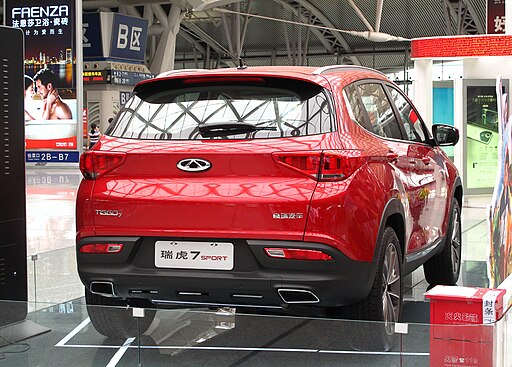The Economist is a venerable newspaper. For this blog post, I would like to ask you, the readers, whether I am understanding one of their recent leading articles correctly and, if so, what your own views are on the issue in question.
“An influx of Chinese cars is terrifying the West” is the title of a leader that appeared in the newspaper dated January 11. For those unable to access the article, the issue being addressed was what should the West do in the face of ever-growing Chinese exports of electric vehicles to Europe and the USA.
The article acknowledges that such cars are meaningfully cheaper than Western built cars at least in part due to significant appropriation of others’ technology and state subsidies prohibited by global trading rules:
“Since the launch of its “Made in China” agenda in 2014, China has brazenly disregarded global trading rules, showering handouts on its carmakers. It is hard to be precise about the value of the underpriced loans, equity injections, purchase subsidies and government contracts Chinese firms enjoy. But by one estimate, total public spending on the industry was in the region of a third of ev sales at the end of the 2010s. These subsidies come on top of the ransacking of technology from joint ventures with Western carmakers and Western and South Korean battery-makers.”
The article ‘warns’ that “the temptation will therefore be for rich-world policymakers to shield their carmakers from the onslaught of state-backed competition”. Such a response is anathema to a newspaper with The Economist‘s political and economic bent. The paper’s suggestion:
“If China wants to spend taxpayers’ money subsidising global consumers and speeding up the energy transition, the best response is to welcome it,” further claiming that one only need worry if Western car makers “implode altogether” while national security concerns are somewhat dismissed as a marginal and manageable issue.
Contrast this with comments made some time ago by Qi Lu, Chief Operating Officer of Chinese internet company Baidu as quoted in my book: “The days of building a vehicle in one place and it runs everywhere are over. Because a vehicle that can move by itself by definition it is a weapon.”
So, let me see if I got this right.
My reading of The Economist‘s conclusions is that, for the sake of a few dollars off in the short term and stimulating competition, the West should risk giving up technological and manufacturing leadership in one of the more important technologies of the 21st century to a potentially hostile geopolitical rival.
That they should embrace products made through blatant violation of international trading rules because everything is worth it for a penny off. That we should only worry if our own manufacturers are eventually wiped off the face of the earth – without clarity around whether the point at which that becomes clear is the point at which it is already too late.
So, I ask you, the readers: Have I misinterpreted the message in this article? If not, what is your view about The Economist‘s position on all this.
To me it seems utterly daft. Freetradeism gone mad drowning in its own extremist ideological beliefs. But that’s just my view.
Your views are more than welcome.
This blog first appeared on Joe Zammit-Lucia’s newsletter on Linkedin .






